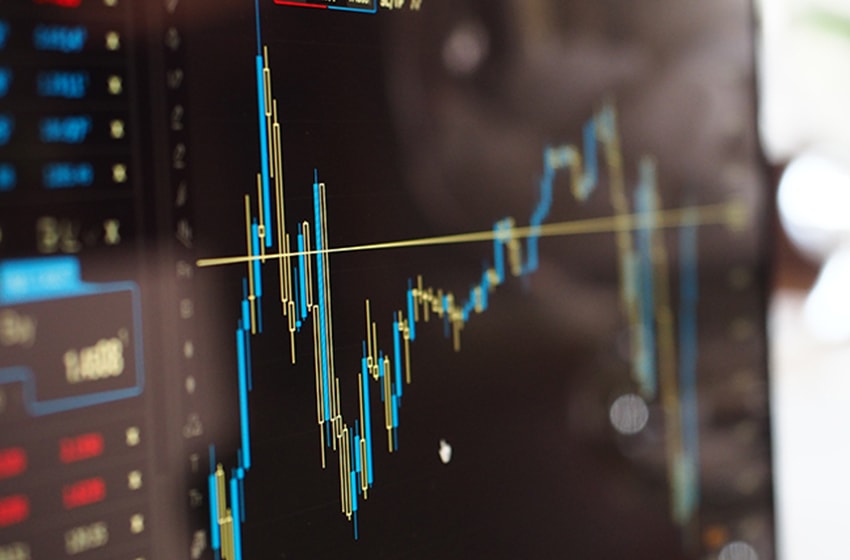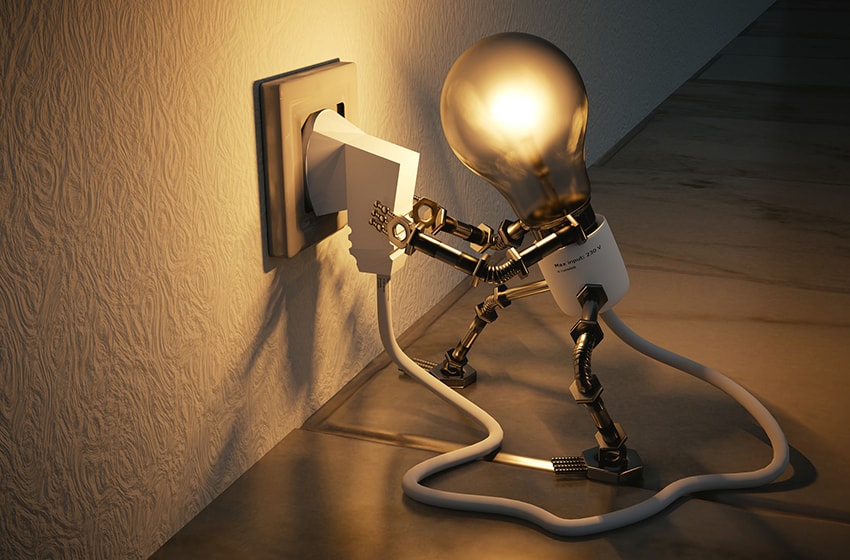When it comes to controlling systems and processes that rely on vacuum technology, a vacuometer is one essential tool that often gets overlooked. Whether you’re in the automotive industry performing diagnostics, managing industrial processes, or engaging in scientific research, a vacuometer plays a pivotal role in accurately measuring and monitoring vacuum levels.
But what exactly is a vacuometer? How does it work, and why is it such a critical device across various industries? This blog will provide a detailed yet approachable exploration of vacuometers, their applications, and why they’re indispensable for precision measurement.
What is a Vacuometer?
A vacuometer, often called a vacuum gauge, is a device used to measure the pressure in a vacuum. Unlike standard pressure gauges, which measure positive pressure (above atmospheric pressure), vacuometers are specifically designed to measure pressures below atmospheric levels.
If ordinary pressure gauges measure the push of the atmosphere, a vacuometer measures the pull of the void. These devices provide critical data that informs decisions across industries where maintaining specific vacuum levels is crucial.
How Vacuometers Work
At its core, a vacuometer determines the difference between atmospheric pressure and the vacuum within a sealed environment. Depending on the application and region, the measurement is usually displayed in units such as Torr, mmHg, or Pascal.
Vacuometers come in various types, each leveraging unique principles for measurement, including mechanical, thermal, and electrical methods. Here are some of the most common types of vacuometers and how they operate:
Mechanical Vacuometers
Mechanical vacuometers rely on physical deformation or movement to measure vacuum levels. Examples include Bourdon tube gauges and diaphragm gauges. These types convert changes in pressure into mechanical movement that is displayed on a scale.
- Best suited for Rough vacuum applications like HVAC systems and automotive diagnostics.
- Advantages: Easy to use, cost-effective, and reliable for lower vacuum ranges.
Thermal Conductivity Vacuometers
These vacuometers measure pressure by evaluating how gases conduct heat. Devices like the Pirani gauge fall under this category. As the pressure changes, so does the heat transfer, which can be correlated to vacuum levels.
- Best suited for Medium vacuum applications such as semiconductor manufacturing and laboratory settings.
- Advantages: Suitable for a wider pressure range than mechanical gauges.
Ionization Vacuometers
Ionisation vacuometers utilise the ionisation of gas molecules to measure very low-pressure levels, often in ultra-high vacuum ranges. Common examples include hot cathode and cold cathode gauges.
- Best suited for High-precision applications like space exploration and scientific research.
- Advantages: Extremely accurate for low-pressure conditions.
Why Vacuometers Are Essential
Vacuometers are not just tools—they’re the unsung heroes of countless industries that require close regulation of vacuum levels. Here’s why this equipment is a game-changer:
Precision and Control
Processes like food packaging and metal coating require accuracy to maintain quality outcomes. A reliable vacuometer ensures the required vacuum level is stable and within specifications.
Preventing Equipment Damage
Whether you’re working with vacuum pumps or scientific chambers, an incorrect vacuum level can lead to equipment failure or inefficient operation. A vacuometer helps prevent such costly incidents.
Ensuring Safety
Vacuum environments can pose risks if not correctly managed. Vacuometers enable real-time monitoring, ensuring conditions remain safe during chemical handling and aerospace testing.
Compliance with Standards
Many industries are governed by strict regulatory requirements for maintaining vacuum conditions. Vacuometers are crucial for achieving and documenting compliance with these standards.
Applications of Vacuometers
Still unsure where vacuometers are most commonly used? Here are some key areas where these devices shine:
Automotive Diagnostics
Have you ever wondered how mechanics diagnose engine issues? Vacuometers are critical tools for measuring intake manifold vacuum, which reveals information about engine performance and the health of various components.
Industrial Manufacturing
Vacuometers facilitate efficient manufacturing processes in everything from vacuum ovens to material handling systems. In the packaging industry, vacuum-sealed food products ensure freshness and extended shelf life.
Scientific Research
Research labs heavily depend on vacuometers to control conditions within vacuum chambers. This is particularly significant in areas like particle physics and materials science.
Semiconductor Production
The production of microchips involves intricate processes carried out under high vacuum conditions. Precise vacuometer readings are critical to maintaining these delicate manufacturing requirements.
Aerospace Technology
Testing spacecraft and satellites involves simulating space environments, including its vacuum conditions. Vacuometers play an essential role in ensuring these simulations are accurate and reliable.
Choosing the Right Vacuometer
Not all vacuometers are created equal. Selecting the right one depends on the specific requirements of your application. Here are a few factors to consider:
- Measurement Range: Does your application involve rough, medium, or ultra-high vacuum levels? Choose a vacuometer with the appropriate sensitivity for the pressure range you need.
- Type of Environment: Some vacuometers are better suited for cleanrooms, while others can withstand harsh industrial conditions.
- Accuracy Requirements: High-precision tasks like semiconductor production demand highly accurate ionisation gauges.
- Ease of Use: For simpler tasks, a straightforward mechanical gauge may suffice.
Tips for Using Effectively
Accurate readings depend on proper usage. Keep these tips in mind to get the most out of your vacuometer:
- Regularly calibrate your vacuometer to ensure consistent accuracy.
- Understand the limitations of your device; pushing a vacuometer beyond its range can result in faulty readings.
- Maintain a clean environment when dealing with sensitive equipment like thermal or ionisation vacuometers.
- Monitor readings continuously, especially in critical applications, to detect potential issues early.
Turning Data into Decisions
At its heart, a vacuometer offers more than measurements—it provides actionable insights. A stable vacuum level often means efficient operations, robust safety, and better outcomes. From automotive shops to advanced research labs, these devices empower professionals to make informed decisions with confidence.
Stay Ahead with Precision
Now that you understand the importance and applications of vacuometers, it’s time to evaluate if your current setup meets the standards your industry demands. Whether you’re troubleshooting an engine or producing the next big chip in tech, a reliable vacuometer is your gateway to precision.
Would you like to explore more tools to enhance your processes and outcomes? Contact us directly or browse our selection of measurement devices. Your next step toward operational excellence begins with getting the right tools for the job.










